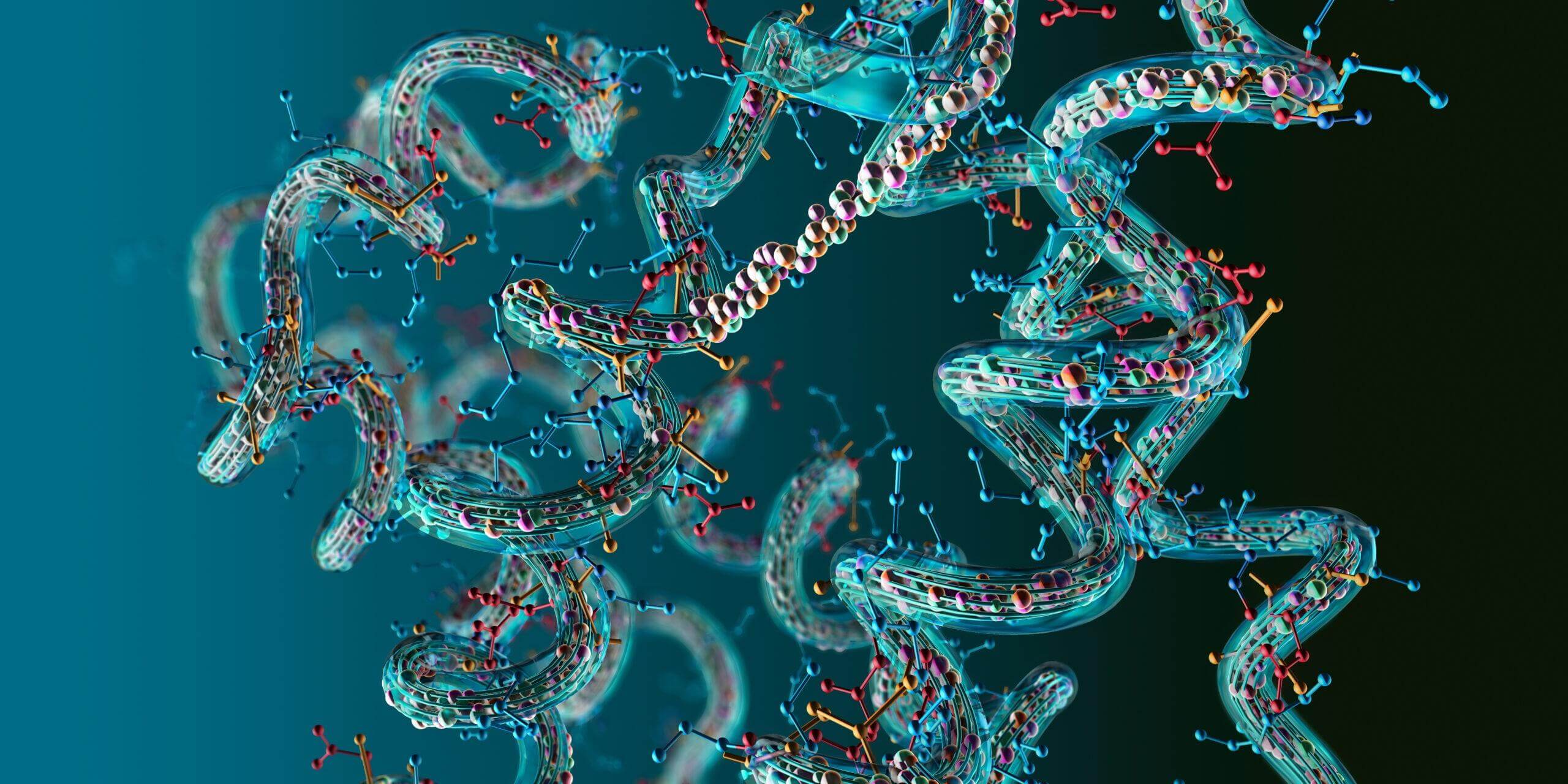
Microfluidic Modulation Spectroscopy (MMS): Automated, Highly-Sensitive IR-Based Protein Structural Analysis in situ, Without the Fuss
Microfluidic Modulation Spectroscopy (MMS) is a powerful approach to the measurement of protein secondary structure, and overcomes many of the measurement limitations of traditional technologies such as CD and FTIR, enabling direct, in situ, analysis at the concentration of interest in even normally difficult backgrounds. Fully automated from 24 and 96-well plates, using the second-generation Apollo MMS system from RedShiftBio, MMS provides drift-free, background-subtracted, highly sensitive Infra Red measurements over four decades of concentration, from 0.1 to >200 mg/ml, and is equally capable of measurements in simple, and complex backgrounds such as those containing high-concentration buffers, difficult excipients such as PS80, and organic solvents, enabling direct in situ comparisons to be made
The fully-automated nature of MMS takes care of normally laborious calibration, baselining and cleaning steps in the process of data collection, and enables even a non-expert user to collect very high quality and reproducible structural data that is critical for a wide range of applications, such as storage and stability analysis, formulation studies, biosimilarity analysis, investigating the structural aspects of aggregation, and many others! Please join us to learn more about MMS, with examples of its application!


